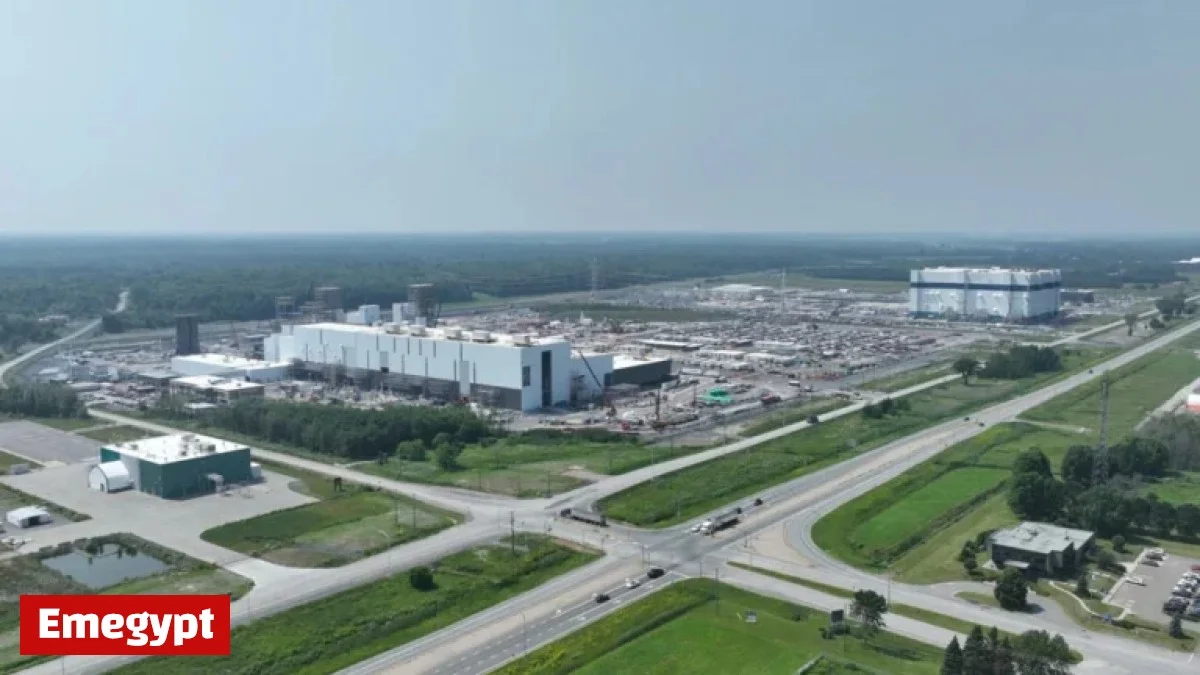
The battery sector in Quebec is facing significant challenges, resulting in financial losses and abandoned projects. After three years of government involvement, Premier Legault’s administration has lost nearly 30% of its investments, amounting to at least $435 million, due to project cancellations. Major initiatives aimed at creating a comprehensive battery ecosystem are currently on hold.
Key Events Impacting the Battery Sector
- Ultium CAM, a joint venture between GM and POSCO, has paused its battery materials manufacturing project in Bécancour.
- Brazilian company Vale has cancelled its $325 million nickel sulfate plant, which was intended to supply Ultium CAM.
- Northvolt, Ford’s retreat in Bécancour, Lion Électrique’s struggles, and Taiga’s setbacks are further complicating the sector.
The ambitious concept of “from mine to recycling” stands to lose momentum in the face of these setbacks. Economic Minister Christine Fréchette assures the public that job creation is a priority, with 3,000 workers expected to be employed in Bécancour for new factory setups.
Financial Commitments and Investments
The Quebec government has committed approximately $1.5 billion to batteryrelated projects through grants and investments. However, issues with projects such as Nemaska Lithium, which has absorbed over $965 million, raise concerns about financial recovery. Despite holding half the shares, Quebec’s investment is under threat due to rising costs and delays.
Challenges Facing the Battery Industry
The declining enthusiasm for the electric transition and regulatory setbacks in the U.S. have constrained project developments. Expert Yan Cimon highlights that uncertainties from trade tensions during the Trump administration have created caution among automakers regarding investment plans, making it difficult to execute significant projects.
Infrastructure Costs and Investments
Quebec’s investment in infrastructure around the Bécancour industrial park has reached an estimated $330 million, financed largely by the park organization. The government previously advanced $38 million to prepare the area for industrial activities.
Despite initial expectations for a burgeoning battery sector, the current landscape reveals fewer projects than anticipated. Analysts suggest a potential rebound in electric transport electrification in the medium term, which could reinvigorate interest in Quebec’s industrial assets.
Future Outlook
Moving forward, access to the American market remains critical for the province’s battery sector. The combination of affordable hydroelectricity and a skilled workforce was initially leveraged to attract manufacturers. However, access issues persist, raising questions about the sustainability of ongoing projects.
As of now, various pledged financial supports from both the Quebec and federal governments remain unfulfilled. With a total of $2.6 billion promised by Quebec and $2.2 billion by Ottawa, industry stakeholders are left hoping for a more favorable future for the battery sector in Quebec.
